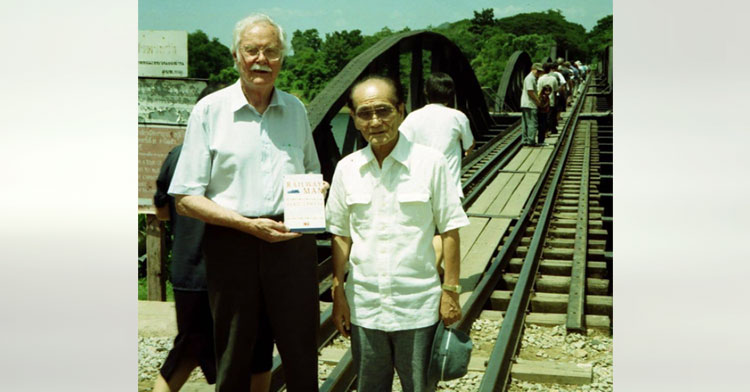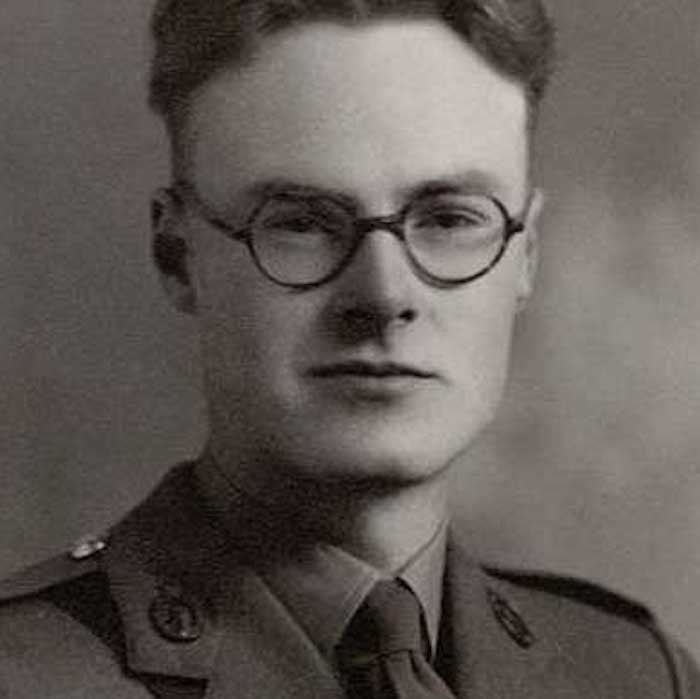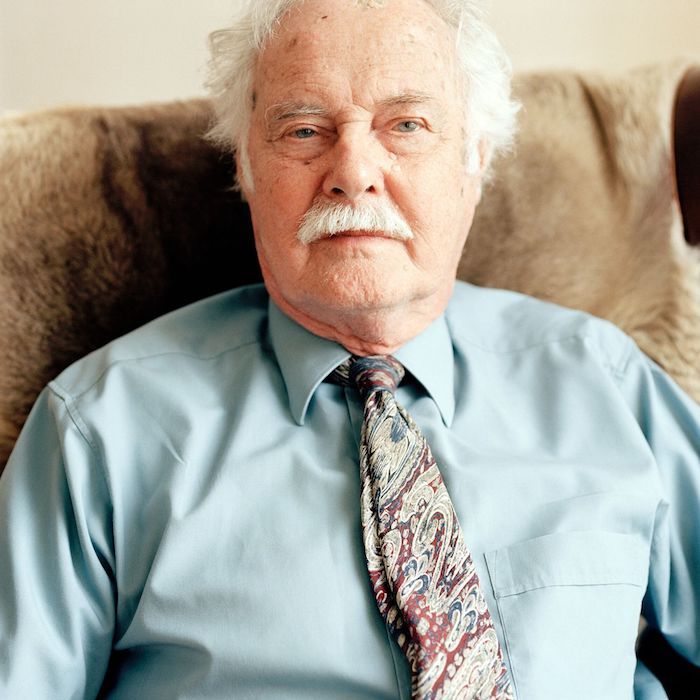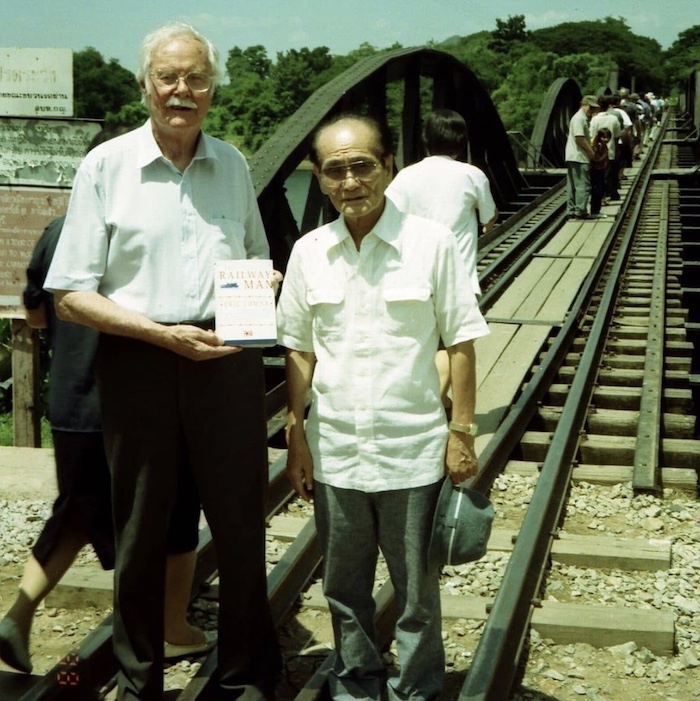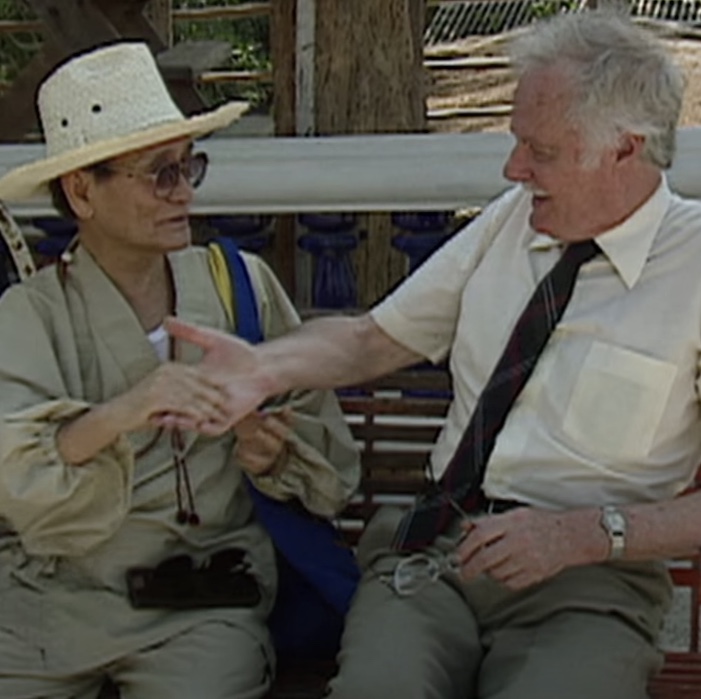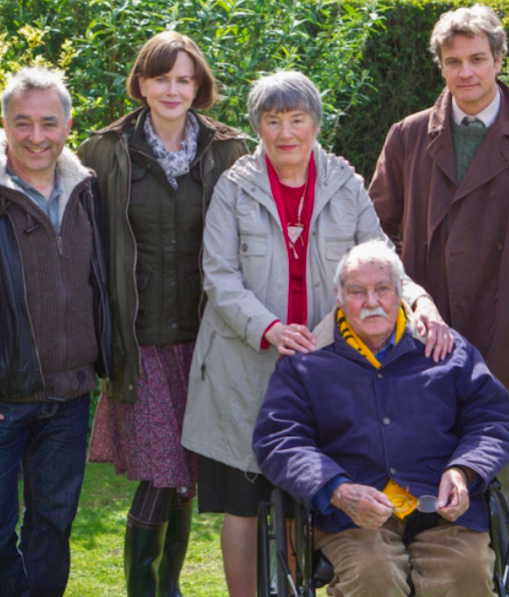There are few freedoms quite as powerful as the one earned by forgiveness – a truth that few understand better than Eric Lomax.
Videos by InspireMore
The Edinburgh, Scotland, native served as a British officer in World War II. After the surrender of Singapore in 1942, he was taken as a Japanese captive, which set into motion a series of events that changed his life forever.
Once he was taken as one of the Far East Prisoners of War (FEPOW), he spent the next three years of his life being tortured and forced to work on the Burma-Siam Railway. Eventually, he was released in 1945 and retired from the Army in 1949.
“In 1945 I returned to Edinburgh to a life of uncertainty, following three and half years of fear, interrogation, and torture as a POW in the Far East,” Eric wrote on The Forgiveness Project. “I had no self-worth, no trust in people, and lived in a world of my own.”
Eric found it nearly impossible to adjust to civilian life, living under the weight of all he had experienced and knowing no one around him could understand the inner battles he was facing.
The greatest of those battles was the resentment and anger he had toward his former captors, one in particular.
Those feelings eventually led him to reexamine everything that had happened when he was a POW all those years ago. His search led him to a name that stopped him in his tracks: Nagase Takashi, his former tormentor.
Eric learned that Nagase had since started practicing Buddhism and had even built a temple in an attempt to atone for all he had done during the war. But Eric remained skeptical.
But in 1987, Eric became the Medical Foundation for the Care of Victims of Torture’s first patient.
“For the first time I was able to unload the hate that had become my prison. Seeing the change in me, my wife wrote to Nagase,” Eric said. “The letter he wrote back was full of compassion, and I think at that moment I lost whatever hard armor I had wrapped around me and began to think the unthinkable.”
To Eric’s own shock, he agreed to meet with Nagase. So in 1993, the two of them reunited in Kanburi, Thailand.
“I took his hand and said in Japanese, ‘Good morning, Mr. Nagase, how are you?’ He was trembling and crying, and he said over and over again: ‘I am so sorry, so very sorry,'” Eric added. “I had come with no sympathy for this man, and yet Nagase, through his complete humility, turned this around.”
Just like that, the walls Eric had built around his own heart for so long slowly began to break down. That’s when he dared to embark on one of the most courageous acts one can attempt: forgiveness.
In the days after their first meeting, the two men continued to get together and were shocked to discover that they had more in common than they could have imagined. They actually quite enjoyed each other’s company!
“We promised to keep in touch and have remained friends ever since,” Eric wrote.
They kept that promise! Eric passed away in October 2012, but not before writing a powerful book detailing his courageous journey, which he called “The Railway Man.” The novel was adapted into a major feature film the year after he passed.
Director Mike Finlason also filmed and released a documentary of the two men’s unforgettable meeting in 1995 entitled “Enemy, My Friend?”
Most remarkable of all is the legacy that Eric left behind, one of courage, kindness, and a decision to put his painful past behind him and choose forgiveness.
What a powerful reminder of what human hearts are capable of! Watch part of Eric and Nagase’s amazing reunion in the video below, and share this incredible story with a friend.
Want to be happier in just 5 minutes a day? Sign up for Morning Smile and join over 455,000+ people who start each day with good news.


